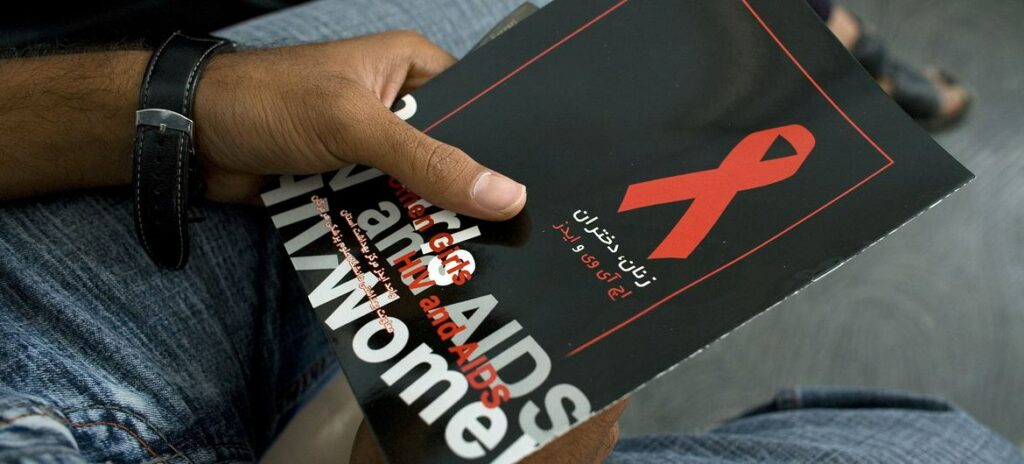The World Health Organization (WHO) recommended on Monday the use of an injectable antiretroviral, lenacapavir, administered twice a year as an additional pre-exposure prophylaxis (PrEP) option for HIV prevention. According to WHO, this new tool could help reshape the global HIV response. Injectable lenacapavir offers a highly effective and long-acting alternative to daily oral pills and other short-acting options.
With just two doses per year, the injection represents “a breakthrough” in protecting people at risk of HIV infection, particularly those facing challenges with daily adherence, stigma, or access to healthcare.
“While an HIV vaccine remains out of reach, lenacapavir is the next best thing: a long-acting antiretroviral shown in trials to prevent nearly all HIV infections among people at risk,” said Dr. Tedros Adhanom Ghebreyesus, WHO Director-General.
Funding Declines
The new guidelines were released during the 13th International AIDS Society (IAS 2025) Conference on HIV Science, held in Kigali, Rwanda.
They come at a critical time, as global HIV prevention efforts are stalling, with 1.3 million new HIV infections in 2024, disproportionately affecting sex workers, men who have sex with men, transgender individuals, people who inject drugs, people in prisons, and children.
Other WHO-supported HIV prevention options include daily oral tablets, injectable cabotegravir—administered once every two months—and the dapivirine vaginal ring, part of a growing arsenal of tools aimed at ending the HIV epidemic.
In the context of drastic funding cuts to the global HIV/AIDS response—including to PEPFAR, the U.S. government’s flagship program launched in 2003 to combat the disease in Africa—WHO also released new operational guidance on how to sustain priority HIV services.
A Major Public Health Challenge
“We have the tools and the knowledge to end AIDS… what we now need is bold implementation of these recommendations, rooted in equity and driven by communities,” said Dr. Meg Doherty, Director of WHO’s Global HIV Programmes.
HIV remains a major global public health issue.
By the end of 2024, WHO estimates 40.8 million people were living with HIV, with 65% in sub-Saharan Africa. Around 630,000 people died from HIV-related causes globally, and an estimated 1.3 million people were newly infected, including 120,000 children.
On a more positive note, access to HIV medications continues to expand, with 31.6 million people receiving treatment in 2024, up from 30.3 million the previous year. Without antiretroviral treatment, the HIV virus attacks the body’s immune system, ultimately leading to the development of AIDS.







OTHER ARTICLES
Strengthening pandemic prevention, preparedness, and response capacities in Senegal using the “One Health” approach
Africa Health Brief
Sex, Gender, and Medicine: Understanding Errors in Sex Assignment